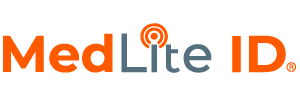Infusion Line Identification:
Smart, simple, safe.
The MedLite ID Smart-Lite system helps identifies & illuminate infusion lines in
seconds, helping prevent life-threatening infusion Adverse Drug Events.
Our Aim
Infusion Line Identification Simplified & Standardized
Infusion ADEs
Reduced Exposure
Clinical Evidence



60 Seconds to Attach, Identify, & Protect Against Line Tracing Infusion ADE
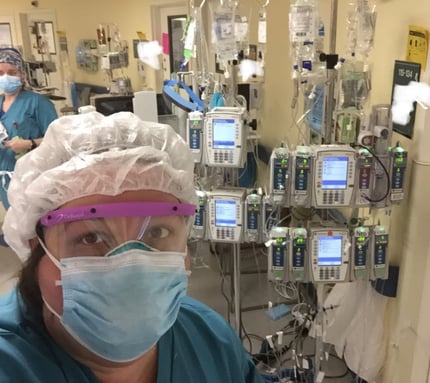
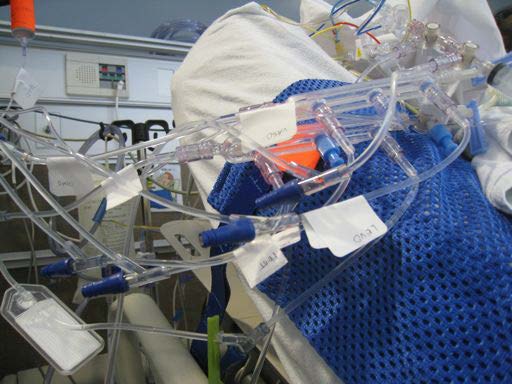
With an average of eight IV lines per patient in the ICU, IVs are designed to deliver medications of all types. Tape and labels lack standardization, carry pathogens, and are painful to use. Shift change, traveling nurses, and darkened rooms increase risk.
It raises this question: if a patient has multiple IV lines, how will a medical professional access the right line to use when a “code” is ringing out in a dark room and when patient care is stretched beyond its limits? How can line identification be both simple and standardized interdepartmentally?
This tangled mess of IV lines is called “infusion confusion” by those working the front lines. The size of the issue is alarming: 56% of all ADEs are infusion-related, with 15% of these being "wrong route errors"; the effect of caregivers choosing the wrong infusion line.
With more patients and fewer nurses, including the 19% nurse attrition in 2021, “line tracing” needs to be faster and more effective. With 60-90% of all IV infusions in the United States containing one or more errors that can cause accidental deaths, hospitals are paying (on average) $2200 in avoidable ADE costs per day per 100 beds in the hospital. That does not count upwards of $5 million in estimated wrongful-death legal costs should such an error occur, and the average settled cost of an ADE is $240K+.
Investing in a safer, higher quality of care for both patients and caregivers, making it simpler to choose the right line, could save lives and bring down costs. This is our mission, which led us to create the technology that will “Lite the Way," illuminating the main infusion line and reducing the potential for “infusion confusion.
Medlite ID is trusted by acute facilities, VA/DoD, and air ambulance services around the world to help prevent errors.
MedLite ID Patents: MedLite has multiple granted utility patents, please see www.uspto.gov for further information.MedLite ID Smart Lites
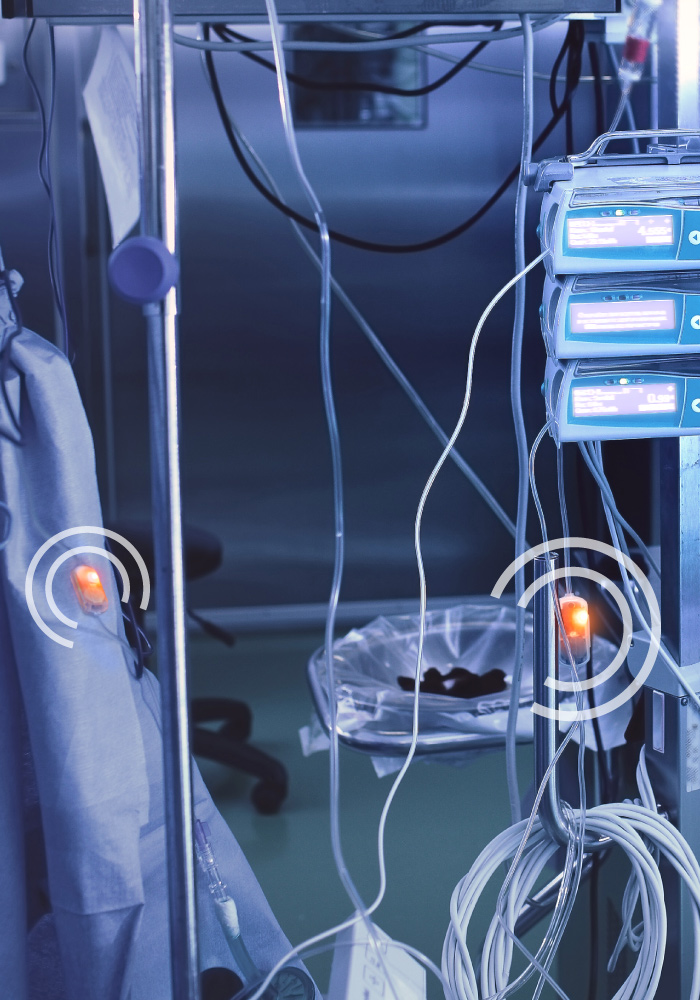
 In an acute-care setting, there may be easily 6-8 powerful meds (vasoactive drips and sedatives) that an IV push medication given in the wrong line could prove fatal. Clearly identifying the “carrier” would be easy with the clip-on line device. You try tracing 8 all-look-alike lines and trace it to the patient’s port and see how easy it is."
In an acute-care setting, there may be easily 6-8 powerful meds (vasoactive drips and sedatives) that an IV push medication given in the wrong line could prove fatal. Clearly identifying the “carrier” would be easy with the clip-on line device. You try tracing 8 all-look-alike lines and trace it to the patient’s port and see how easy it is."
— US Acute Hospital Nurse
A Better Tomorrow
Eliminate Line Tracing Infusion ADE Risk
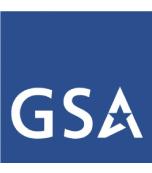
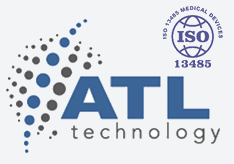
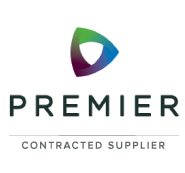
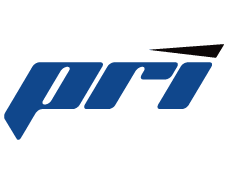

Testimonials
What MedLite nurses had to say
It would be beneficial for night nurses who need to push meds through the maintenance line to help identify without turning any lights on because they can verify the line before the MedLites go out. Then they know they are using the correct line on patients with multiple lines. It can be used in more scenarios than just emergent/rapid ones.
Nurse Practioner
I would use MedLite ID when there are multiple lines on the patient and in a situation where rapid response events or codes are being called needing immediate medications pushed.
Nurse Practioner
I liked that I could use it to identify the line I needed from the other side of the bed and had quicker access that way. Quicker access and detection of line in an emergent situation. When you have a lot of different meds running on a patient, it made it so easy to identify.
Nurse Practioner
I was able to trace line much easier because of Med Lite ID
Nurse Practioner
I could see it being helpful in the ICU or other areas where patients have multiple IV pumps and lines.
Nurse Practioner
It would more quickly identify an unlabeled line as so many meds can't go together or mix together. Having that knowledge would prevent you from delaying care by immediately knowing which line is which.
Nurse Practioner
It really does have potential in the ICU, if your patient is crashing, or during a resuscitation.
Nurse Practioner
(I would use MedLites) when there are multiple lines on the patient and in a situation where there are rapids or codes being called needing immediate medications pushed.
Nurse Practioner
Medlite made it easier to find the maintenance fluid when multiple lines running.
Nurse Practioner
It would be helpful in a high-stress situation to double-check the right line.
Nurse Practioner
I think it would be benefit the ICU where they have lots of lines running, but in general I feel like it would be a benefit to any pt that had more than 2 lines running at the same time.
Nurse Practioner
This is very beneficial to patients with multiple lines, I am currently spending lots of time tracing multiple lines, and this would eliminate it.
Nurse Practioner


Dusty's Story - Triumph Over Tragedy
In 2008, our sixteen-year-old son, Dusty, was diagnosed with acute myelogenous leukemia, requiring a bone-marrow transplant. Dusty underwent chemotherapy during the four-month wait for a donor and frequently found his way to the pediatric intensive care unit. Infusion confusion was a consistent problem in the ICU and during his normal hospital stays. Speaking with clinicians, it became obvious that seeking out the primary IV line was a common and reoccurring frustration.
Four months after Dusty started his chemotherapy, a donor was secured. We transported our son to Primary Children’s Hospital in Salt Lake City, Utah, for the procedure. During his five-month stay at Primary Children’s Hospital, the IV lines seemed to multiply. On an average day, Dusty would have five IV lines attached to his port and various veins and as many as 11 different infusion lines. The stress experienced and time clinicians spent locating the primary infusion line were astonishing. I thought time and time again, that there must be a better way to identify the proper line.
Sadly, Dusty passed away in January of 2009, at the age of seventeen. My wife and I are forever thankful to those healthcare providers at Primary Children’s Hospital for their kind, patient, and skillful care. MedLite ID came to light after years of experimentation with infusion confusion and in honor of our son, Dusty. Today, every MedLite ID product includes a dedication to Dusty’s memory.
Dusty's Father, MedLite ID Inventor, and CoFounder - Dr. Wayne Provost
Newsletter
MedLite ID News

Story of a Second Victim
The Vaught Verdict: How a Medical Error Could Have Led to a Homicide Charge
In March of 2022, RaDonda Vaught, a former Vanderbilt University Medical Center nurse, was charged with reckless homicide and abuse of an impaired adult after making a medical error in 2017. Vaught mistakenly administered...
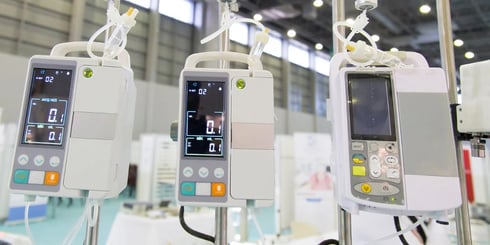
An Inadvertent Bolus of Norepinephrine.
Administration of multiple IV infusions is ubiquitous in the ICU, and there are several established safety parameters associated with medication concentration, dosing, and pump programming, the physical dexterity required for administering multiple IV infusions concurrently is underappreciated, and...

Understanding Infusion Confusion
In the ICU, many patients receive multiple infusions at a time. This makes it difficult to differentiate each line, as healthcare professionals must identify and follow the tubing, pump, and access port to make an infusion change.

The Second Victim: ADEs & Their Impact
WHO IS THE SECOND VICTIM?
Adverse Drug Events (ADEs) can result in traumatizing experiences. Patients are often left victimized after an unanticipated medical error or injury … However, there is a second victim we often overlook — the medical provider involved.
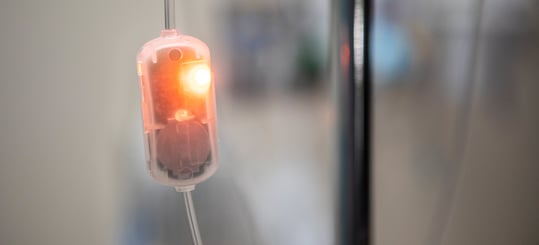
MedLite ID: An Innovation Reducing Infusion Confusion
While America’s healthcare system is no stranger to criticism and you likely already know about its need for reform, you may be surprised to learn where the spotlight is shining: on the IV lines hooked up to patients in ICUs, operating rooms, and COVID-19 units.
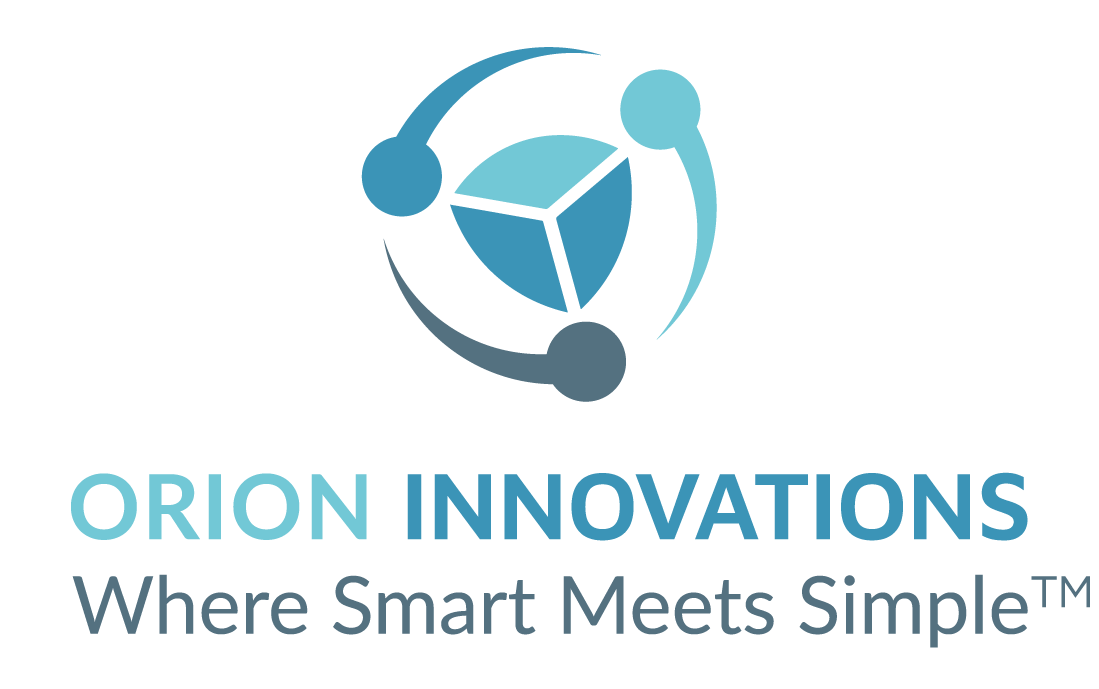
Orion Innovations
At Orion Innovations, we focus on new and disruptive technologies that improve patient safety for the highest quality outcomes. Grounded in the principle that robust solutions can be simple to adopt, we think about caregivers and facilities, and how we can streamline the best possible patient experience through healthcare heroes. Orion Innovations' portfolio includes the MedLite ID Smart-Lite solution (www.medliteid.com) for the acute healthcare market to prevent infusion Adverse Drug Events, NoGag (www.nogag.com) as a solution to dental procedures and patients impacted by the gag reflex, and Oxyswitch as an oxygen switching device for the hospital reducing Time-Without-O2. All smart, simple, and patented. Orion is ISO 13485 certified.
